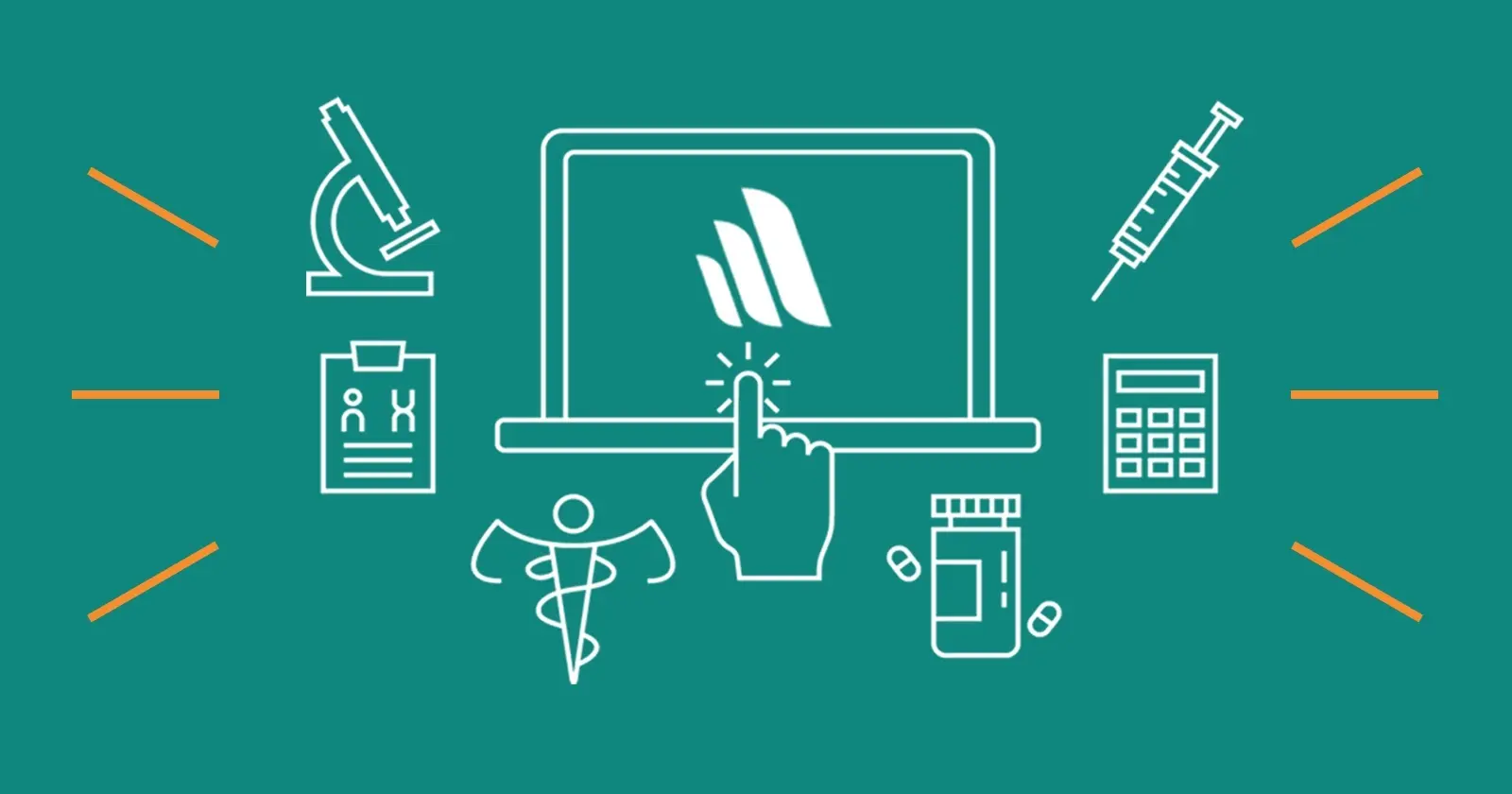If your dog has accidentally eaten smoked salmon, you may be concerned about the potential risks and what actions you should take. While salmon is generally considered safe for dogs to consume, smoked salmon poses a higher risk due to its preparation and potential for contamination. In this article, we will discuss what to do if your dog ate smoked salmon and the steps you can take to ensure their health and well-being.
Understanding Salmon Poisoning
Salmon poisoning disease is a short-term, infectious disease that affects dogs and related species. Contrary to its name, no actual poison is involved. The disease is caused by a bacterium called Neorickettsia helminthoeca, which is transmitted through a fluke, a type of flatworm. This fluke can be found in fish and snails in the Pacific Northwest region of the United States.
If your dog has ingested smoked salmon, there is a risk that they may develop salmon poisoning disease. The signs of salmon poisoning typically appear within 5 to 7 days after consuming infected fish. However, in some cases, the onset of symptoms may take as long as 33 days. Common signs include fever, depression, loss of appetite, vomiting, diarrhea (which may contain blood), dehydration, and weight loss.
What to Do If Your Dog Ate Smoked Salmon
If you suspect that your dog has consumed smoked salmon, it is important to take immediate action to ensure their well-being. Here are the steps you should follow:

- Monitor their symptoms: Keep a close eye on your dog for any signs of illness. If they start showing symptoms such as vomiting, diarrhea, or loss of appetite, contact your veterinarian.
- Contact your veterinarian: Inform your veterinarian about the situation and provide them with details about your dog's symptoms and the amount of smoked salmon they consumed. Your veterinarian will be able to provide guidance on the next steps to take.
- Follow your veterinarian's advice: Your veterinarian may recommend bringing your dog in for an examination or provide instructions for at-home care. It is important to follow their advice to ensure the best possible outcome for your dog.
- Provide supportive care: If your veterinarian advises at-home care, make sure to provide supportive care for your dog. This may include keeping them hydrated, offering bland food, and monitoring their symptoms closely.
- Prevent future incidents: To prevent future incidents, it is important to keep smoked salmon and other potentially harmful foods out of your dog's reach. Be mindful of what you feed them and ensure their safety by storing food properly.
Preventing Salmon Poisoning
The best way to prevent salmon poisoning disease is to restrict your dog's consumption of uncooked salmon, trout, steelhead, and similar freshwater fish. By cooking the fish thoroughly, you can eliminate the risk of bacterial contamination. Additionally, it is important to be cautious when fishing or spending time near bodies of water, as dogs may be tempted to eat raw fish or salamanders.
If your dog has eaten smoked salmon, it is important to monitor their symptoms and seek veterinary advice if necessary. Salmon poisoning disease can be a serious condition, and early intervention is crucial for the best possible outcome. By following the steps outlined in this article and taking preventive measures, you can help ensure your dog's health and well-being.
If you want to know other articles similar to What to do if dog ate smoked salmon you can visit the Pets and health category.

